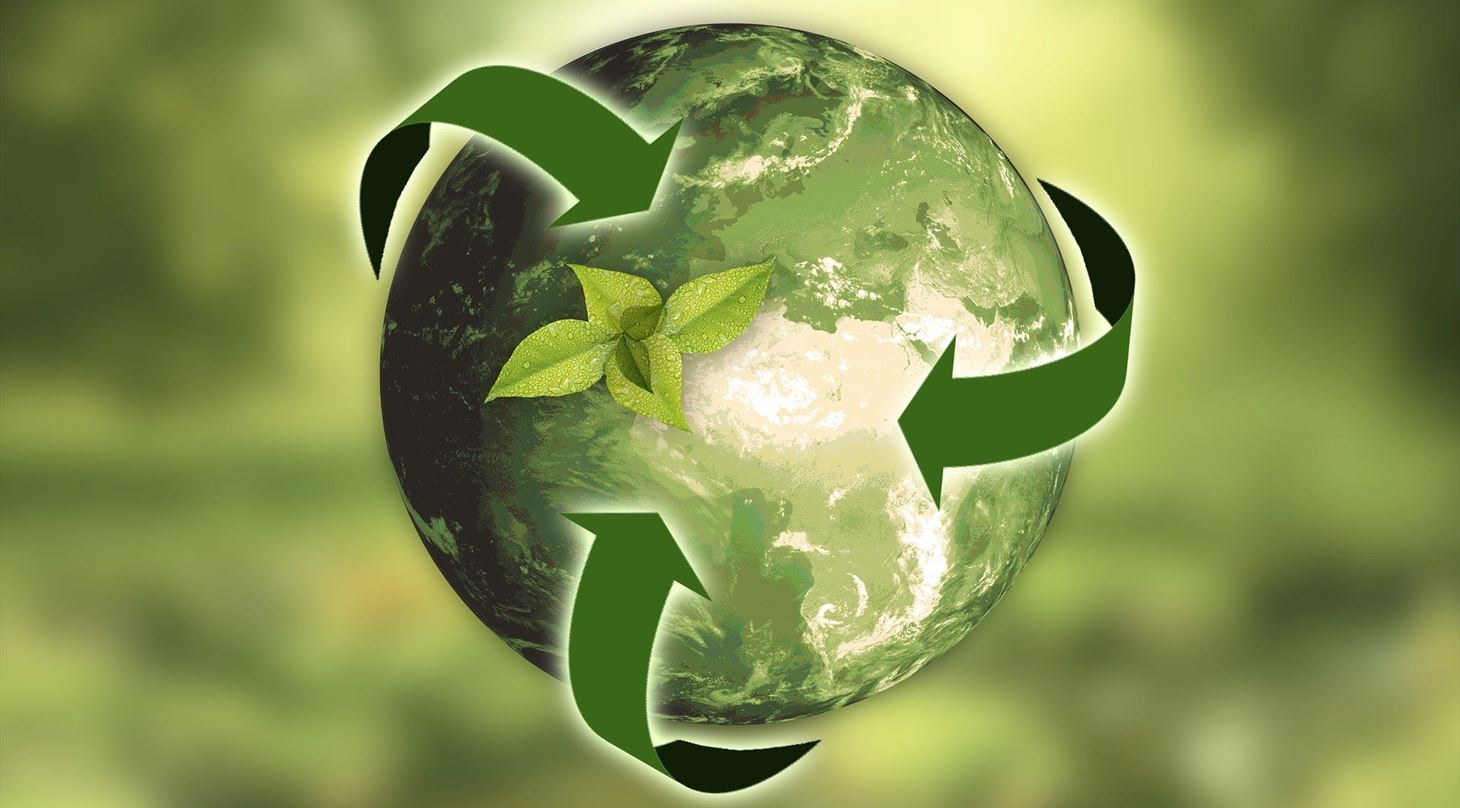
IEA's Technology Collaboration Programme on Heat Pumping Technologies (HPT TCP) - Upcoming Annexes
Below, you can find information about Danish Technological Institute’s upcoming annexes under the IEA Heat Pumping Technologies Technology Collaboration Programme (HPT TCP). Since 2013, Denmark has been participating in the International Energy Agency's – Technology Collaboration Programme on Heat Pumping Technologies (HPT TCP):
- Enhanced Miniaturized Components (project description will be available soon)
A new international project aimed at developing small and efficient components for heat pumps as well as refrigeration and air conditioning systems - with a particular focus on homes where space is limited. The purpose is to enable the phase-out of fossil heating sources, promote the use of natural refrigerants, and ensure a lower climate footprint.
- Operating Heat Pumps in Multi-Family Residential Buildings (project description will be available soon)
The project aims to promote and optimise the use of heat pumps in multi-family buildings, where there is significant potential for improving energy efficiency and reducing CO₂ emissions. The project gathers and shares experiences, encourages the use of natural refrigerants, and develops relevant tools and guidelines so that even more housing associations and contractors are better equipped to choose heat pump solutions.
- Heat Pumps for Hydrogen and Carbon Capture (project description will be available soon)
The project will investigate how heat pumps can be applied in connection with hydrogen production and CO₂ capture, with the aim of increasing energy efficiency and reducing climate impact. The project brings together international experts to develop and map out practical solutions and integration concepts, as well as to assess the potential for heat recovery in the emerging hydrogen and CO₂ value chains within the energy sector.